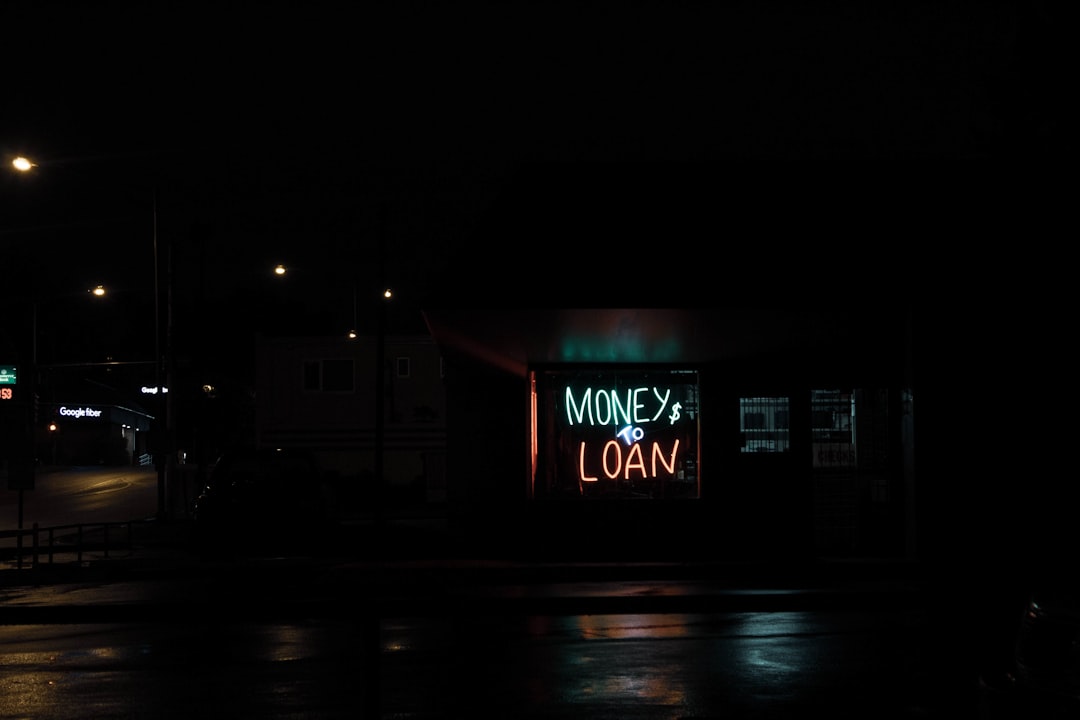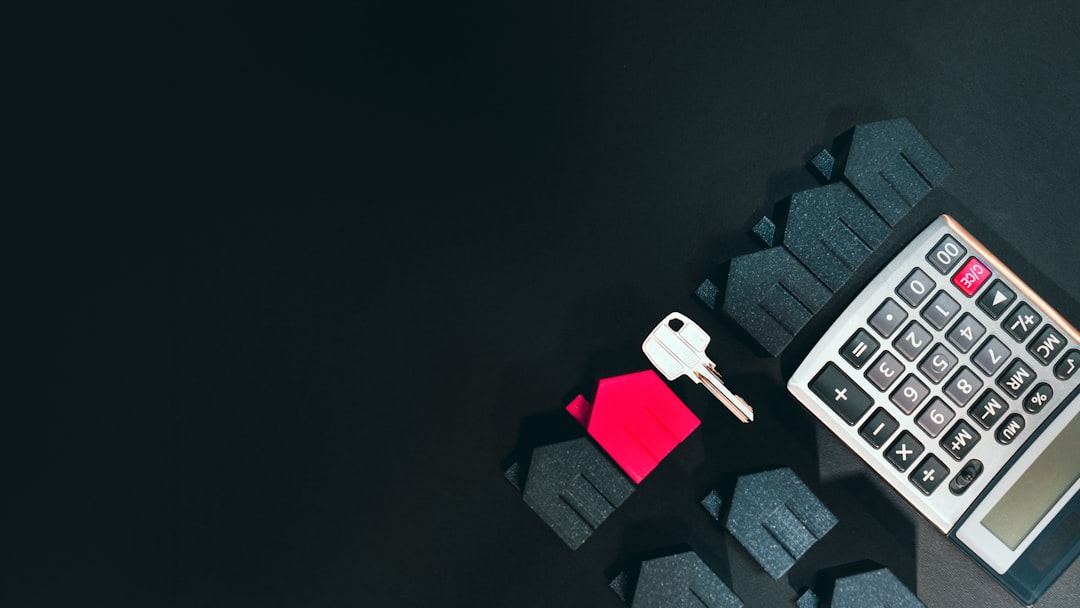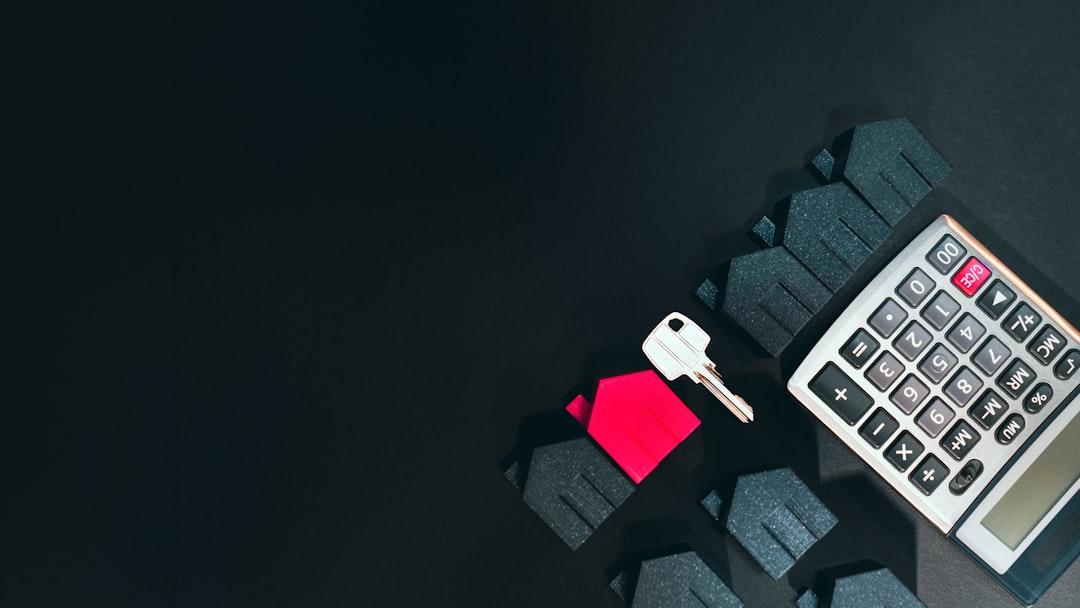Unsecured debt consolidation loans simplify multiple personal loan payments by offering funds based on creditworthiness, eliminating collateral requirements. These loans combine existing debts into a single, manageable payment, easing tracking and reducing overall debt burden. Borrowers should thoroughly understand terms like interest rates, repayment periods, and fees. Comparing offers from multiple lenders is crucial to securing the best deal and effectively paying off debts without added financial strain.
Struggling with multiple personal loans? You’re not alone. Many people find themselves drowning in a sea of debt with various loan payments scattered across different lenders. Thankfully, there’s a solution: unsecured debt consolidation loans. This article guides you through understanding what an unsecured debt consolidation loan is, its numerous benefits, and the steps to qualify and apply. By the end, you’ll have a clear path towards consolidating your debts and regaining control of your finances.
- Understanding Unsecured Debt Consolidation Loans
- Benefits of Consolidating Multiple Personal Loans
- How to Qualify for an Unsecured Debt Consolidation Loan
- The Process: Applying for Debt Consolidation
- Repaying Your Loans with a Consolidated Debt
- Exploring Alternative Solutions to Debt Consolidation
Understanding Unsecured Debt Consolidation Loans

Unsecured debt consolidation loans are a popular choice for individuals looking to simplify their multiple personal loan repayments. Unlike secured loans that require collateral, unsecured options provide funds based on your creditworthiness and financial history. These loans aggregate your existing debts into a single, more manageable payment, making it easier to track and reduce your overall debt burden.
When considering an unsecured debt consolidation loan, it’s crucial to understand the terms and conditions, including interest rates, repayment periods, and any associated fees. Lenders often offer competitive rates as an incentive to attract borrowers, but it’s essential to compare offers from multiple lenders to secure the best deal. This approach ensures you make significant progress in paying off your debts without adding unnecessary financial stress.
Benefits of Consolidating Multiple Personal Loans

Debt consolidation can significantly simplify your financial situation by transforming multiple loans into a single, more manageable one. One of the most common types is an unsecured debt consolidation loan, where borrowing is based on your creditworthiness rather than collateral. This approach offers several advantages. Firstly, it streamlines repayment by consolidating debts from various lenders into one fixed monthly payment, reducing the hassle of managing multiple loans. Secondly, it can lower interest rates, saving you money in the long run and accelerating debt payoff. Moreover, unsecured consolidation loans often have flexible terms, allowing borrowers to choose a repayment schedule that suits their budget. By combining your debts, you gain clarity over your financial obligations and take control of your finances.
How to Qualify for an Unsecured Debt Consolidation Loan

To qualify for an unsecured debt consolidation loan, the first step is to assess your financial situation. Lenders will evaluate your credit score, income, and existing debts to determine if you can handle a new loan. A strong credit history and steady income significantly improve your chances. Lenders look for borrowers who have the means to repay the loan without adding to their financial burden.
Additionally, understanding your debt profile is crucial. Securing an unsecured loan requires demonstrating that you can manage another form of borrowing. This means being honest about your current debts, including personal loans, credit card balances, and other obligations. Lenders will consider your ability to make consistent payments on top of existing debts when deciding if you qualify for a consolidation loan.
The Process: Applying for Debt Consolidation

When considering debt consolidation services, one of the most common options is an unsecured debt consolidation loan. This type of loan allows borrowers to combine multiple personal loans into a single payment, typically with a lower interest rate. The process begins with applying for the loan through various financial institutions or online lenders. Borrowers will need to provide detailed information about their existing debts, including balances and interest rates. This data is crucial in determining the consolidation options available and the potential savings on interest payments.
Once the application is submitted, lenders assess the borrower’s creditworthiness based on factors like income, employment history, and debt-to-income ratio. If approved, the lender will offer a consolidation loan with specific terms and conditions. Borrowers then review the offer, considering the new interest rate, repayment period, and any fees associated with the loan. After accepting the terms, the funds are disbursed to pay off the existing loans, simplifying the repayment process and potentially saving money in the long run.
Repaying Your Loans with a Consolidated Debt

Repaying your loans with a consolidated debt involves bundling multiple personal loans into a single loan with a single interest rate and repayment terms. This approach simplifies your financial obligations by eliminating the need to manage several different payment schedules. A debt consolidation loan, often an unsecured debt consolidation loan, allows you to redirect your monthly payments toward one lender, making it easier to stay on top of your finances.
By consolidating your debts, you may be able to reduce your monthly payments and the overall interest paid over time. This can provide significant financial relief and help you pay off your loans more efficiently. Additionally, a consolidated debt can improve your credit score by demonstrating responsible management of credit, as long as you make payments on time.
Exploring Alternative Solutions to Debt Consolidation

When considering debt consolidation, it’s wise to explore alternatives beyond traditional loans. One option is what is an unsecured debt consolidation loan, which doesn’t require collateral and can offer lower interest rates compared to credit cards. These loans streamline repayment by combining multiple debts into one manageable payment.
However, not everyone qualifies for unsecured options due to creditworthiness. Those with strong financial standing might prefer secured debt consolidation loans, backed by assets like property or vehicles. Additionally, credit counseling agencies provide valuable guidance and negotiation support with creditors, helping individuals create personalized budget plans without the need for formal loans.
Debt consolidation can be a powerful tool for managing multiple personal loans. By understanding what is an unsecured debt consolidation loan and its benefits, you can make informed decisions about repaying your debts more efficiently. Through this process, you may find relief from the stress of multiple loan payments and navigate towards financial stability. Remember that each situation is unique, so exploring alternative solutions like debt management plans or credit counseling can also provide valuable support in overcoming financial challenges.
